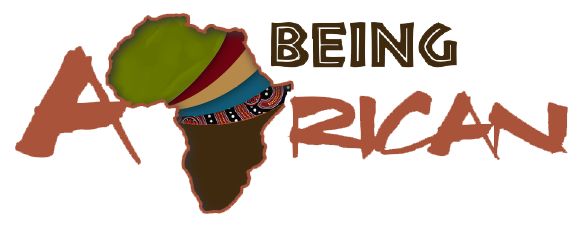Ngoni Frequently Asked Questions
Ngoni Marriage
Key roles
Who is Umkhongi or Thenga?
- The Umkhongi is the marriage negotiator or intermediary.
- He or she is the main point of contact for the family.
Who can take up the role of Umkhongi?
- Anyone in the family can take on the Umkhongi role. It is not restricted to the uncle.
What is the role of the Umkhongi from the bride’s side?
- The family makes their marriage ceremony demands known through the Umkhongi (intermediary)
- The spokesperson during the marriage process
- Marriage counselor during the course of the marriage
- And the bride’s price proposer on behalf of the family.
What is the role of the Umkhongi from the groom’s side?
- The family makes their marriage ceremony demands known through the Thenga (intermediary)
- The spokesperson during the marriage process
- Marriage counselor during the course of the marriage
- The bride’s price negotiator on behalf of the family
What are the qualities of Umkhongi?
- Trustworthy
- Maturity, sensitivity and dependability
- Good communication skills
- Good temperament
- Culturally knowledgeable
Which family members accompany Umkhongi?
- Those that have been chosen by the family, or the Umkhongi himself
- It is in accordance with the wishes of the family.
What is the role of the family members?
- During the ceremony, Umthenga’s family members serve as witnesses. If there is any confusion or miscommunication, family members can remind Umkhongi.
Who is Ankhazi (Aunt)?
- Ankhazi is the bride’s Aunt.
What is the role of the Ankhazi?
- The couple’s spokesperson to the parents
- She informs the bride’s parents of her intention to marry.
- She takes on an advisory role on the wedding for the bride and the bride’s parents
Who is Malume or Zakhali?
- Malume is an uncle to the groom.
- Zakhali (the groom’s female father) is the groom’s Aunt.
What is the role of a Zakhali?
- The couple’s spokesperson to the parents
- He or she informs the bride’s parents of her intention to marry.
- S/he takes on an advisory role on the wedding for the bride and the bride’s parents
The Process
What is Chikhole?
- This is a gift that is given to the bride-to-be as a promise to marry, done away at the groom and bride’s choice of time.
- The Chikhole can be monetary or a long-lasting gift that the groom gives to the lady before the start of the marriage process.
- This only indicates the seriousness of the groom in terms of marrying their daughter to the bride’s family.
- In modern settings, the Chikhole can be equated to the engagement ring the man gives to the woman.
What is Chionekera (meeting the aunt)?
- This is meeting the Aunt
- During the Kuonekera process, the groom meets the bride’s aunt and his bride.
- During this, the groom pays Chaankhazi (for the aunt).
- This is done before the lobola payments and is not included in the lobola.
What is Chaankhazi?
- This money is given to the aunt, who then spends it on Vyakumphala, also known as Vyakuchisi.
What is Lobola?
- Lobola is the payment made by the man in order to marry the woman who caught his eye.
- It consists of Fuko, Jembe, Mkhuzi wa Wanyina, and the actual lobola.
What is Fuko?
- This is a token of appreciation for the father.
- It’s mostly charged as one cattle (mostly bull), but in some cases the cattle is equated to cash, and the groom may pay in monetary form.
- Signifies that the father passed on his tribe to the child.
- These payments cement the relationship that exists between the bride and the groom’. In some other cases, some bottles of beer are included for the father.
What is Jembe (Hoe)?
- A hoe for the bride’s family, as they are certain of their settlement.
- This is also given to the father if available and/or can be paid in cash.
What is Mkhuzi wa Wanyina/Chapamsana (appreciation for the mother)?
- Token of appreciation for the mother.
- This is paid as an appreciation for all the effort the mother had placed on raising the girl child and the entire nurturing into womanhood process.
- This is charged as one cow (mostly a bull) and, in recent cases, can be paid in cash, which is equal to the bull’s price to the mother. In all cases, this is not negotiable.
What is Malowolo/Chuma (The actual lobola)?
- This is the payment that is mostly charged for more cattle.
- Most people charge about 3 or 4 cattle (one cow and three bulls); this is paid to the entire bride’s family.
- The groom’s family negotiates between what has been charged and what they can manage.
What is Nqibi?
- A ceremony that happens the night before the marriage.
What happens during Nqibi?
- The bride is delivered to the groom’s side after accepting the lobola the previous day
.
